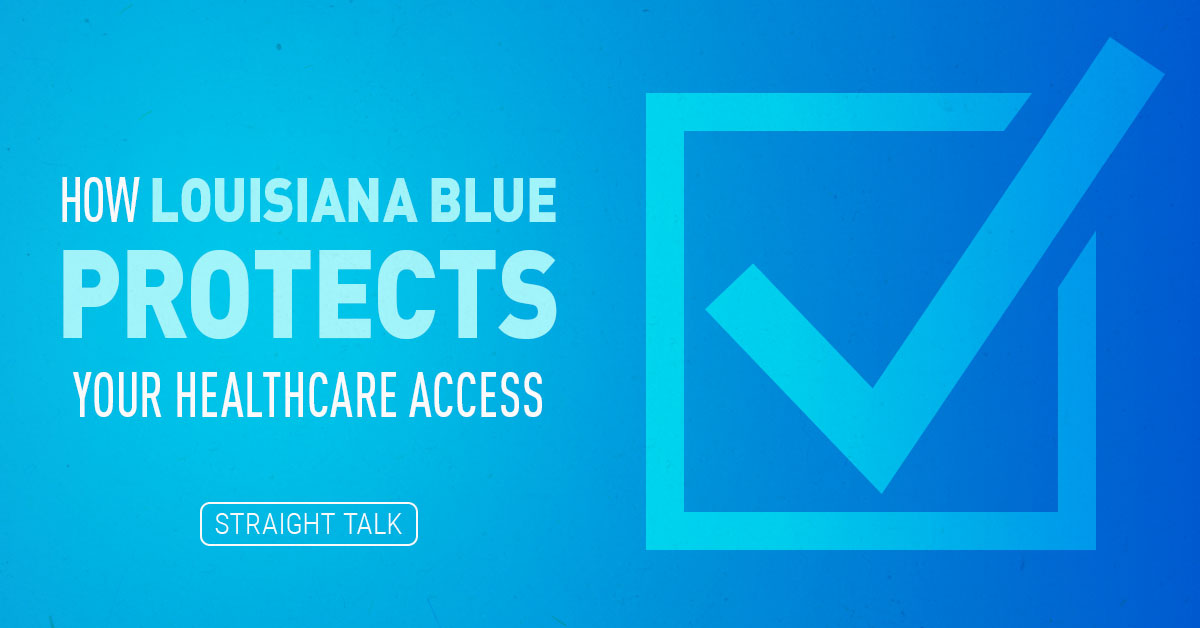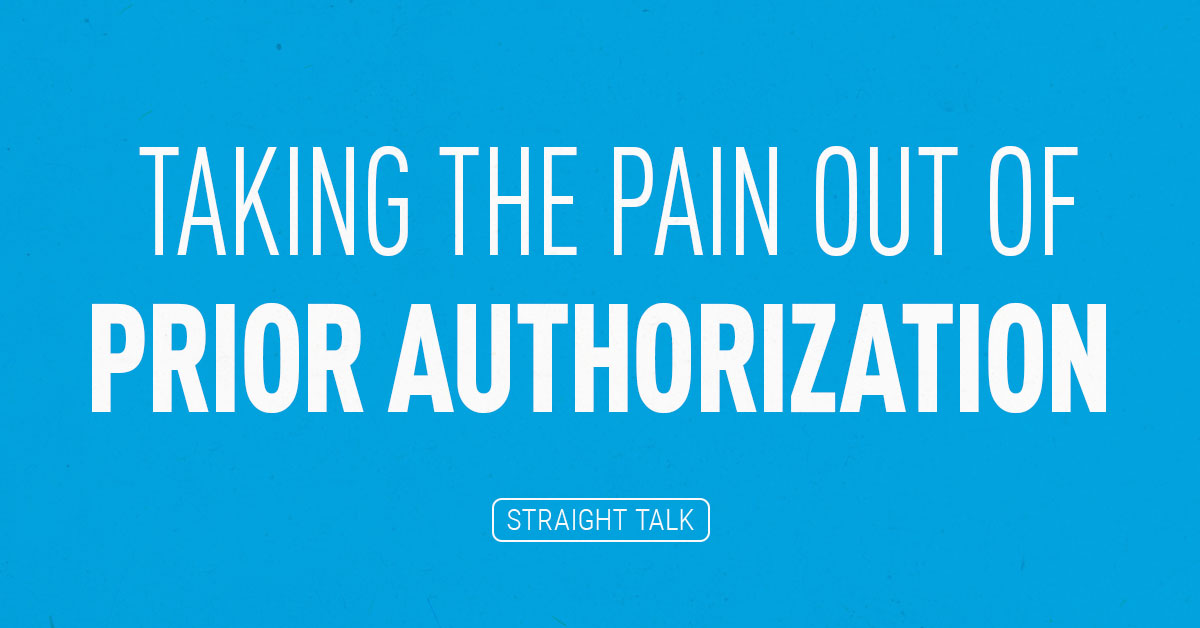Today, my phone was ringing, and the display showed a phone number in Menomonie, Wisconsin. “Computer-driven sales call” was my first thought. I don’t know anyone in Menomonie. But the call kept coming, twice a day. Finally, after sending it to voicemail three times, out of sheer frustration, I just went ahead and answered it:
“Mr. Bertaut! This is Blah-Blah department store. We noticed your account is a bit overdue, and this is just a courtesy call to give you an opportunity to make a payment!” the kind female voice on the phone said.
UH-OH. I’m a serious, diligent, structured, automatic bill payer. How did this one slip through the cracks? I was so embarrassed that I paid the balance right there on the phone. Thank goodness the call wasn’t from the mortgage company!
But we are like that, right? We make sure we take care of the important stuff, right on time, the top-of-mind stuff. But sometimes, other stuff just slips through the cracks.
So, here’s an important question for you to consider: Are your health and your health insurance top of mind, or are you at risk of letting these slip through the cracks?
Special Permission
Now that the healthcare.gov open enrollment period is over until at least Nov. 1, 2018, the thousands of Americans who forgot to renew their individual health insurance coverage will all be scrambling. As we mentioned here, the Individual Mandate fines still apply for 2018. So, if you don’t get coverage, you may have problems at tax time.
Now, to buy insurance outside of the annual open enrollment period, you’ve got to get permission from healthcare.gov by getting an authorization for special enrollment. Without this authorization, you will not be allowed to buy coverage at all until the next open enrollment period starts on Nov. 1. At least, that’s the theory.
Prior to 2017, healthcare.gov didn’t really enforce special enrollment. In fact, you could pretty safely wait until after you were sick to buy coverage, and some 600,000 people did exactly that every year, driving up all our rates as they managed to free ride on the system. As I’ve written about before, this was a big part of instability in the individual market and drove rate increases for all of us who followed the rules and kept coverage all year round.
Proving Special Status
During the summer of 2017, the Trump Administration indicated they were going to enforce the special enrollment rules when people wanted to buy coverage outside of open enrollment. No longer would you be able to just check a box on a website to authorize your special enrollment period; healthcare.gov was going to require actual, physical proof if you, for example, moved from one state to another, had a child, got married or lost your existing health insurance coverage for a non-voluntary reason. This means faxing, mailing or emailing copies of real, live documents like birth certificates, marriage certificates and utility bills.
Last week, CMS announced they had hired a high-tech private contractor called IntegriGuard to use special data verification tools to further strengthen the legitimacy of the special enrollment process, without requiring all this back-and-forth of real documentation. This means a streamlined process for legitimate applications, which is a great thing! It also means, of course, a tighter process for those who aren’t actually eligible for a special enrollment period but are trying to get one anyway.
With the fines for not having insurance coverage still in place this year, and better management of the special enrollment process on the horizon, it appears the stability of the healthcare.gov risk pool may not deteriorate during 2018 the way it has in previous years. But, it will be a different story in 2019, when the Individual Mandate fines are reduced to zero.
The Need for Stability
It’s critical that Congress act to stabilize the individual market for 2019, when the Individual Mandate penalties disappear but all the other rules that make individual health insurance so expensive in today’s market do not.
In 2019, we’ll still have the age rating ratios that favor wealthier older individuals when they buy coverage and punish the young. Still in play will be rules that require certain benefits to be covered on all individual plans, in many cases more benefits than people actually want to buy. And, we’ll still have financial cliffs that can punish an individual with thousands of dollars in fines for making just a few hundred more in income than expected. None of these things are in the process of being corrected at this time.
I am concerned that healthy people, without the Individual Mandate, may not buy coverage.
There is a window for Congress, in their budget negotiations, to create funds that states can use to cover the neediest and most ill among us. Such funding could significantly lower premiums across the board if handled properly by the states. Watch for more information about such “stabilization funds” as the Congressional budget negotiations move forward this spring.
Remember, this is not a “Bailout for Insurance Companies.” We will not profit from such funds, which will be used to care for the sickest among us, and stop this runaway train of rate increases we’ve been on.
As always, I will be right on top of that and will keep it Straight for you.
Until then, make SURE you and your family members have proper health insurance coverage for 2018. Otherwise, you could get a past-due call in the form of a tax penalty. Remember, the fines are still in force this year, and they can be substantial!





Leave a Reply